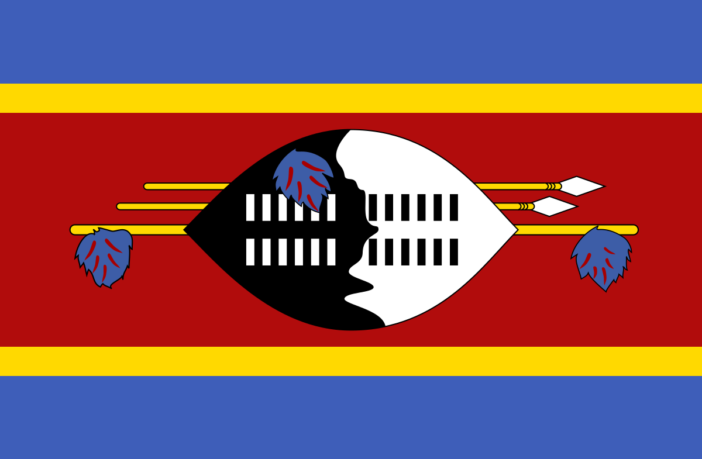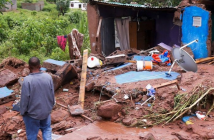The small, land locked Kingdom of Swaziland has the potential to run solely off renewable energy. The country has very good irradiation levels for solar power generation and its mountainous regions offer good consistent wind for the installation of wind farms. The emergence of cost effective utility scale battery banks now make it possible for base load delivery from renewables.
Swaziland lies in South East Africa and is bordered by Mozambique and South Africa. It has a population of around 1.2 million living in a land area of 17364 km². The total installed electricity capacity is 69.4MW which is made up of four mini hydro stations. These stations contribute 14 ‐24% of the total energy consumed in the country. The country imports approximately 80% of its energy needs from Eskom in South Africa but also from EDM in Mozambique, through its membership of the Southern African Power Pool (SAPP).
Investment in Swaziland is facilitated through the Swaziland Investment Promotion Authority (SIPA). The Swaziland Electricity Company (SEC) is the utility provider responsible for generation, transmission, distribution plus billing of power. More recently, the SEC has seen a renewed focus on transmission and distribution infrastructure development. Swaziland Energy Regulatory Authority (SERA) is responsible for the regulation of electricity tariffs and quality of supply and services. The Electricity Act requires that prices are regulated in accordance with a defined and approved tariff methodology. More recently, Swaziland has seen a sharp increase of 15% in their electricity tariff.
Swaziland is ruled by His Majesty, King Mswati III. Five years ago, The King told world leaders at the World Energy Forum in Dubai, that renewable energy was the golden thread that connected economic growth and the environment. He added that to achieve this requires innovation and adequate financial resources plus political will.
King Mswati III must be complimented on his country. It is stable and ripe for renewable energy investment. It is also one of the few countries in Africa that has managed to maintain their customs, traditions and culture alongside a democratic dispensation. They just may well be the first country in Africa to run off renewable energy. The power is in their hands.
Author: Bryan Groenendaal















